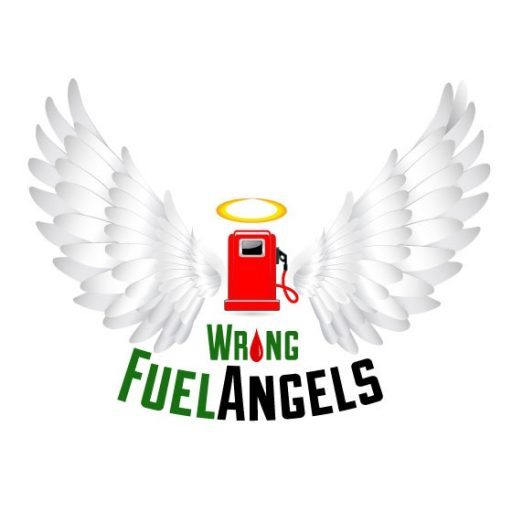One important aspect to bear in mind when you’re considering your fleet van leasing options is whether a diesel or petrol vehicle would be better for your needs.
There are a number of important factors to consider before making that choice. Below we’ll briefly discuss 4 factors that may be important for you.
Hauling & Towing Requirements
Are you planning to regularly haul heavy loads with your leased vehicle? Perhaps you run a landscaping business and need to tow an equipment trailer on a daily basis. In this case, diesel would probably be your best option.
Diesel engines provide more engine torque, which directly results in smoother, easier and more efficient trailer and heavy load hauling. The increase in low end torque that diesel engines provide will also help greatly when overtaking other vehicles.
Fuel Efficiency
Diesel engines are generally much more fuel efficient then their petrol counterparts. This increase in fuel efficiency means that less fuel is consumed not only when travelling on the motorway but also when idling in the city. Because of this decrease in fuel consumption, not only are your monthly fuel costs impacted – for the better – but it’s less damaging to the environment.
If your particular vehicle is equipped with an exhaust particulate filter this will further increase the trapping of that filthy black exhaust soot that’s commonly emitted from the exhaust pipes of lorries and other heavy-duty diesel vehicles.
Fuel Expenses at the Pump
As mentioned above, fuel consumption by a diesel engine is generally much lower than those requiring petrol. Today, throughout the UK, the actual cost of diesel at the pump is higher than petrol. So while your initial cost when filling your vehicle will probably be higher, your diesel fleet vehicle will consume less, meaning fewer trips to the pump itself.
Noise
In the past, diesel engines were always much noisier then petrol fuelled engines. So much so that an idling diesel car or van outside your house sounded like someone had parked a lorry there instead.
However, in recent years the technological advances made to diesel engines have quieted them down significantly.
With many of today’s newly built engines, you’ll be hard pressed to tell whether you’re sitting in a diesel or petrol vehicle. So if a quiet running vehicle is an important factor for your personal or business needs, you no longer need to worry about the obnoxious ‘knocking’ sound, once so common in diesel engines.
